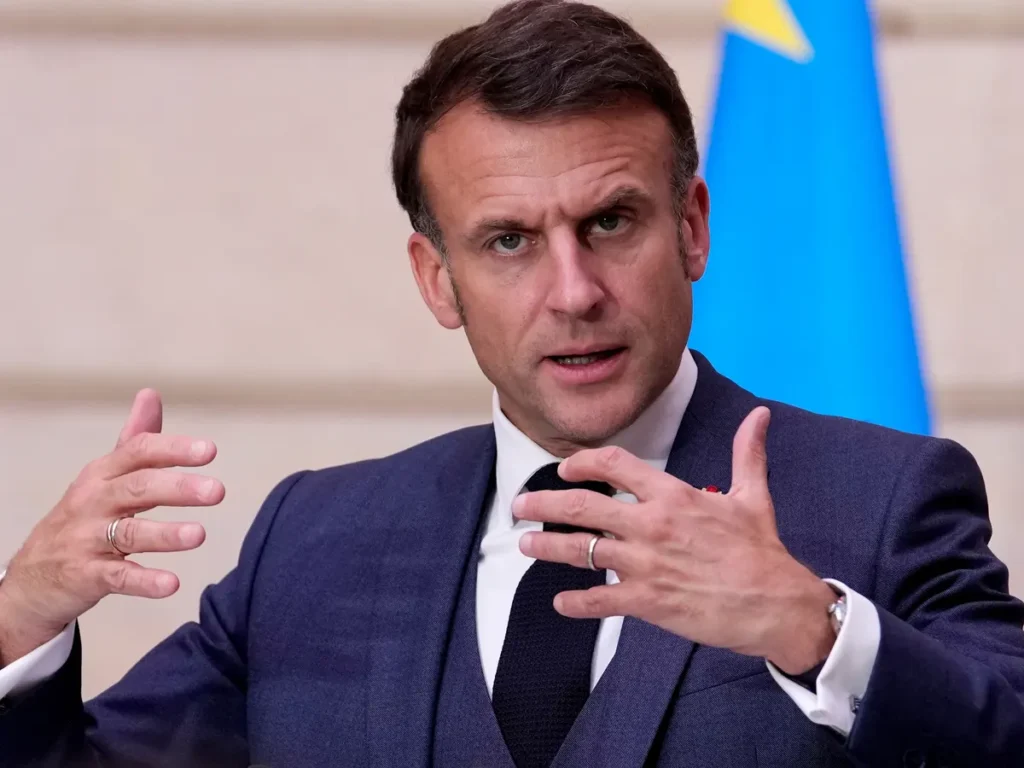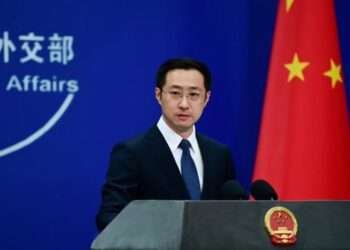In a setback to Prime Minister Keir Starmer’s ambitions for a post-Brexit breakthrough with Brussels, eleventh-hour disruptions have emerged in talks over a new UK-EU deal, casting doubt over what Downing Street had earlier touted as a “superb” agreement.
Sources close to the negotiations say several European Union member states have expressed deep dissatisfaction with the latest draft communiqué presented by the European Commission. Chief among their concerns are insufficient concessions from the United Kingdom on two key sticking points: fishing rights and student tuition fees.
Adding further friction to the talks is the apparent demand from EU negotiators that Britain accept a stronger role for the European Court of Justice (ECJ) in overseeing any future legal disputes arising from the agreement. This condition has proved particularly contentious among UK officials, who have sought to limit ECJ oversight since Brexit.
Meanwhile, British universities have raised alarms over a possible requirement to slash tuition fees for EU students to domestic levels, warning such a move could trigger financial collapse for several institutions already under strain.
Despite the growing tension, a spokesperson for the UK government emphasized that the talks remain fluid and unfinished.
“These are EU internal draft texts. No final agreement has been made. We are not providing a running commentary on our discussions with the EU; these are ongoing and cover a wide range of issues. We have been clear that we will always act in the national interest to secure the best outcomes for the UK.”
Spokesperson for the UK government
The impasse has drawn comparisons to the fraught negotiations leading to the UK’s eventual withdrawal from the EU in 2020, following the 2016 referendum. At that time, final agreements were also frequently derailed by unexpected last-minute disputes.
Adding weight to the unfolding drama, French President Emmanuel Macron commented on Friday, May 9, that the EU must “reshape and completely reinvent” its relationship with the United Kingdom. His remarks signal not only the scale of EU expectations but also the growing pressure on Starmer to deliver meaningful reforms without caving to demands likely to stir domestic backlash.

Trade Talks Test Starmer’s Global Strategy
A senior UK official had previously projected optimism about the outcome of the summit scheduled for Monday in London, describing the anticipated deal as “superb.” However, political insiders warn that any agreement risks upsetting both Brexiteers, who oppose EU alignment, and Rejoiners, who believe it falls short of reversing Brexit.
The draft deal reportedly involves closer alignment with certain EU regulations aimed at easing trade restrictions and includes a youth mobility scheme for those aged 18 to 40. This proposal would mirror existing UK arrangements with nations like Australia, allowing freer movement of young people between Britain and the EU.
The new EU pact is expected to be the third leg of Starmer’s revamped trade strategy, following recent agreements signed with India and the United States. These deals form part of the prime minister’s broader economic growth agenda, which now sets its sights on the Gulf states as the next major frontier for investment and commerce.
However, the EU remains firm in its demands. Diplomats are said to be particularly insistent that tuition fees for EU students be reduced to the same rate as British students, currently £9,535 annually. Even EU nations with no coastline have expressed frustration over limited access to British fishing waters, though UK negotiators have reportedly offered a time-limited, renewable access arrangement.
Another controversial provision in the draft text involves a “dispute resolution mechanism with an independent arbitration panel that ensures that the European Court of Justice (ECJ) is the ‘ultimate authority for all questions of EU law’.” Under this framework, the UK would be allowed to join early discussions on proposed EU regulations and participate in shaping them, but without a formal vote or veto.
Addressing the concerns, a UK government source clarified: “The ECJ role in arbitration between the EU and other countries is advisory.” The source also emphasized that “Any rulings are the decision of the independent arbitration court, not the ECJ.”
As talks enter a critical phase, Starmer now faces the daunting task of balancing domestic politics with growing international expectations, all while trying to cement Britain’s post-Brexit global footing.
READ ALSO: Gospel Musician Claims Entertainment Industry Pays the Most Taxes























